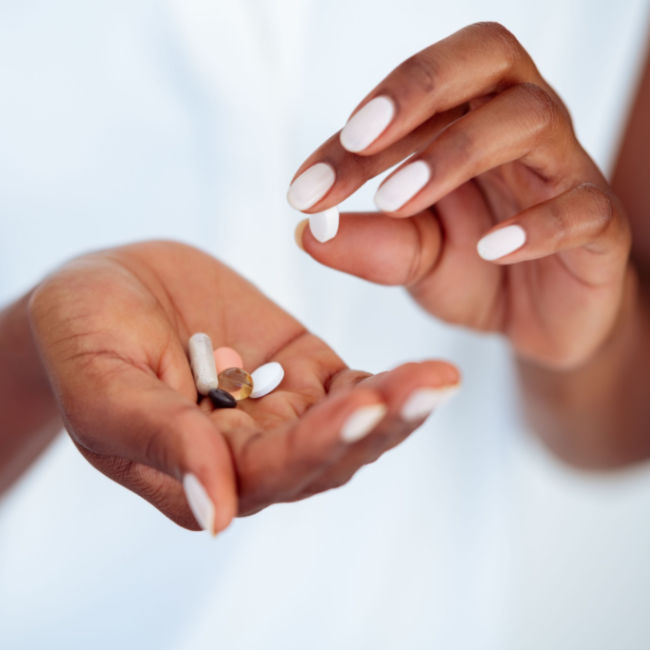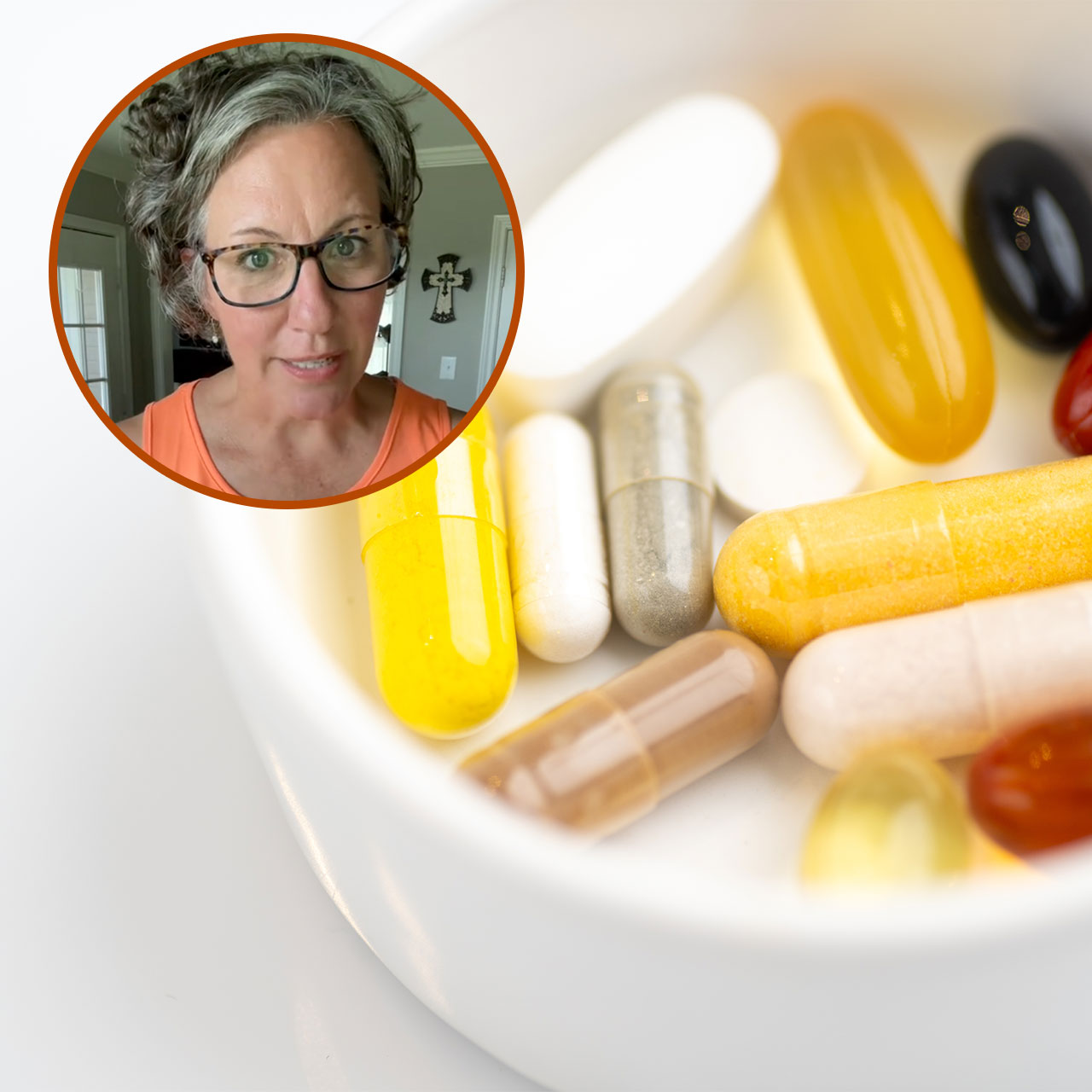In the pursuit of better health, many people turn to supplements, often without fully understanding their potential risks. While some supplements can provide genuine benefits, others can pose serious threats to your health, especially when taken in high doses or without proper guidance. This is even true when it comes to your brain health. The supplement industry is largely unregulated, and not all products are as safe as their marketing suggests. This lack of oversight can lead to harmful side effects, including neurological damage, cognitive impairments, and mood disturbances.
We spoke to Dr. Kubanych, MD, Health & Wellness Advisor at NAO, to uncover several common supplements that may negatively impact the brain. From herbal remedies to stimulants, certain popular supplements carry risks that far outweigh their benefits. Below, we explore five supplements that have been flagged for their potentially dangerous effects on the brain, and why you might want think twice before adding them to your daily routine.


1. Kava
Kava is widely used to reduce stress and anxiety, but it can be harmful when taken in large amounts or over extended periods. Dr. Kubanych warns that unregulated herbal supplements like kava "might have neurotoxic effects or interact negatively with other medications." The potential for dizziness, confusion, and even liver damage makes kava a risky option for managing anxiety, especially when purchased from unreliable sources.
Because kava products lack standardization, the safety and potency of different brands can vary. To minimize risk, always choose kava from well-known brands that adhere to quality control standards.

2. Ginseng
Ginseng is another herbal supplement that may come with brain health risks, particularly when consumed in excess. While some studies suggest it can boost cognitive function, Dr. Kubanych cautions that, like kava, certain types of ginseng might be neurotoxic or lead to dangerous interactions with other medications.
Because the supplement industry isn’t strictly regulated, the amount and quality of ginseng in products can differ. To avoid negative side effects, including insomnia and agitation, only use ginseng from trusted sources and in moderation.

3. Bitter Orange
Bitter orange, a common ingredient in weight loss supplements, can be especially dangerous for brain and heart health. Dr. Kubanych notes, "Supplements containing stimulants, such as bitter orange, can increase heart rate and blood pressure, potentially leading to anxiety, insomnia, and other neuropsychiatric symptoms."
For people already managing mental health conditions, bitter orange can worsen symptoms and even interfere with medications. Dr. Kubanych suggests opting for natural energy-boosting methods, such as improving diet and incorporating regular exercise, rather than relying on supplements containing stimulants.

4. Ephedra
Like bitter orange, ephedra is a stimulant once popular in weight loss products. Despite its effectiveness in boosting energy, it comes with dangerous neurological side effects, among a plethora of other health risks.
Ephedra is banned in several countries due to its association with severe health risks like heart attacks and strokes. Though some products still contain it, it’s best avoided, particularly for those with a history of mental health issues.

5. High Doses of Vitamin A
Vitamin A is essential for maintaining vision and immune function, but taking it in excess, especially from supplements, can harm your brain. "Excessive vitamin A intake, particularly from supplements rather than food sources, can be toxic and lead to neurological symptoms such as headaches, dizziness, and even cognitive impairments," says Dr. Kubanych.
To avoid these dangers, stick to the recommended daily allowance of vitamin A. If you're looking for a safer alternative, Dr. Kubanych recommends beta-carotene supplements, which convert to vitamin A naturally and are less likely to lead to toxicity.

Bottom line
While supplements can be a helpful addition to a healthy lifestyle, not all of them are safe—especially for your brain. It's important to research the potential risks of any supplement, consult with a healthcare provider, and prioritize products that come from reputable brands. For your brain’s safety, natural alternatives like a balanced diet, adequate sleep, and regular exercise are often the best approach.


























